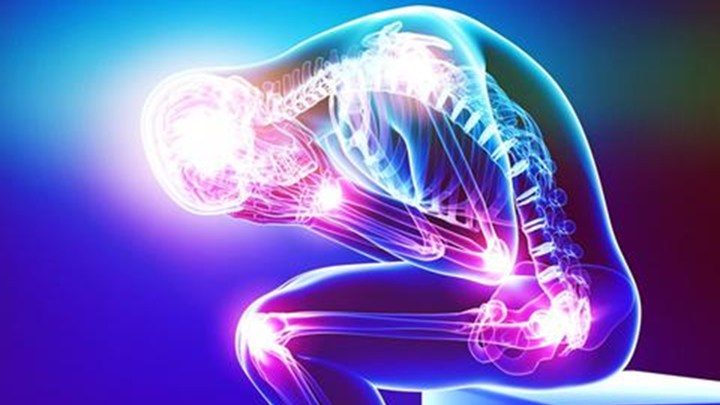Sleep is supposed to be a relaxing and rejuvenating activity. However, many people feel tired and in pain when they leave bed every morning. You sleep because you are tired and wake up the next day completely refreshed and ready for the challenge ahead of you.

If this is your experience, you know how it will negatively affect your entire day in a major way. You would feel cranky and less energized, making focusing on the tasks ahead impossible.
You deserve to sleep peacefully at night and wake up on the right side of the bed. Here are the common ailments people complain about when they wake up and what you can do to remedy them.
Sore Jaw
If you wake up every morning with your teeth hurting and jaw sore, you probably unconsciously grind and clench your jaw when you sleep. The behavior is called bruxism and must be addressed as soon as possible.
Bruxism is most common among adults, but it may happen to children, too; there are a few reasons why it happens. A person who experiences anxiety and stress may clench their jaws and grind their teeth in their sleep. People who use alcohol and smoke may find it a problem, too.
There is no way to stop you from clenching your jaw and grinding your teeth. After all, it happens when you sleep and, therefore, have no control over your actions. You can wear a mouth guard, an item that athletes usually wear to prevent orofacial injuries, but it is also recommended among people who suffer from bruxism.
Stiff Neck
Neck pain also happens a lot. It is not a serious condition, but it can limit your movement and put you in a bad mood throughout the day.
There are a few reasons why your neck becomes sore in the morning. However, the most likely cause is your sleeping position or the pillow quality you use.
There is an ideal sleeping position, but people have their preferences. Those who sleep on their stomachs are likelier to suffer from a stiff neck in the morning. Sleeping on your stomach puts your neck at an uncomfortable angle. You have to twist your neck to one side to breathe, which puts unnecessary strain on your neck muscles. The result is you get a stiff neck all the time.
Your pillow, too, might be a problem. Your pillow should be able to support your head and neck. Experts recommend feather and memory foam pillows, which will cradle your head and allow your neck and spine to align properly.
Lower Back Pain
Sleeping can also cause lower back pain. In most cases, it is caused by long periods of resting in one position, which causes a decrease in blood flow. Usually, the pain subsides as soon as you move, and you can continue with whatever task you have for the day without limitations.
However, some people experience it more often than not, and the pain does not go away as easily.
Lower back pain from sleep might be caused by stress, poor sleeping position, or an old mattress. Stress causes the muscles to contract, which can cause pain. You would need ways to manage stress better, especially before you sleep at night. Meanwhile, sleeping positions can improve, too. If your sleeping position flattens your spine’s natural curve, you will frequently experience lower back pain. Again, those who sleep on their stomach will have this problem. The third possible cause is the mattress. Like your pillow, your bed should offer body support when you sleep every night. A cheap and old bed can do this. It is worth investing in a good quality mattress to wake up refreshed and well-rested every morning.
If lower back pain is accompanied by other symptoms such as altered moods, memory issues, irritable bowel syndromes, and tension headaches, you should seek immediate medical help. Fibromyalgia also causes frequent back pain. In this case, your lower back pain will disappear once you get proper treatment.
Sleep seems easy and natural, but getting the right rest every night takes work. Aside from these tips, you can improve your sleep and prevent pain when you wake up by eating a balanced diet, exercising regularly, practicing mindfulness, and kicking unhealthy habits.





